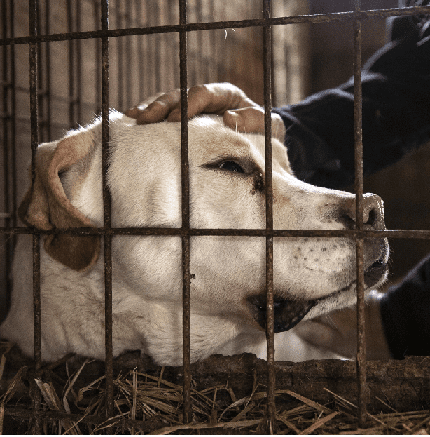The prospect of enforcing anti-dog meat laws is uncertain amid opposition from farmers, restaurants and others involved in the dog meat industry. Studies show that a third of South Koreans oppose the ban, although most do not eat dog meat. According to Statistics Korea.
Over the course of 27 years, Kim Jong Gil has fed his family with the dog meat farm he owns. But politicians and activists are trying to suppress the economy. Eating dog meat is an age-old tradition on the Korean Peninsula and has long been recognized for the power of hot summer.
Dog meat is not banned or legal in South Korea, but many people want it banned. Kim’s dog was eating chicken and food.
They are rarely released for exercise and are usually sold for meat after one year of life. Farmers are also subject to increased scrutiny from authorities and negative public opinion. Opposition lawmaker Han Jung-ae passed a law last month banning the dog meat trade.
Han said the bill provides support for farmers who have agreed to close their farms, including money to demolish the plant. Dog food restaurants are now hard to find in Seoul’s major cities, although there are still many in the country.
Farms in South Korea have halved over the past few years to about 3,000 to 4,000, with about 700,000 to 1 million dogs being killed each year compared to the last 10 to 20 years. loss. Dog Breeders Association. Some workers believe that the farmers’ estimates, designed to show that their holdings are too large to be destroyed, are exaggerated.
At the end of 2021, at the suggestion of President Moon Jae-in, an animal lover, South Korea established a special government agency to decide against dog meat.
The working group, which includes farmers and animal activists, has held more than 20 meetings but has yet to reach an agreement, apparently due to disagreements over payment.
